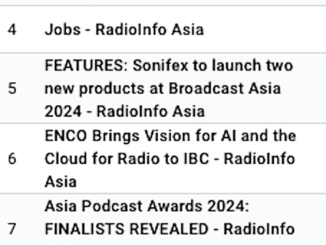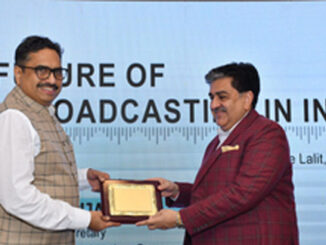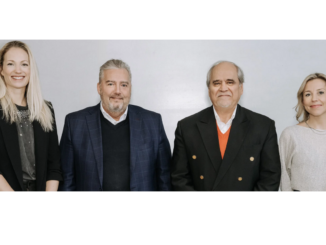
Happy Christmas and New Year from Radioinfo
New Year is approaching and for those who celebrate Christmas it’s almost here.If you have a break and are spending time with your family, enjoy the last weeks of 2024 and celebrate the new year when it comes around.Radio is a 24/365 business, so if you are working, good luck and enjoy the pleasure of working in such an exciting industry.Whatever you’re doing, we wish you a joyous Christmas and a happy New Year!If stories break, we will still cover them, but we may be a little slower than usual to get them published because our team is taking a short break too. But please keep sending us news to [email protected] and job ads to [email protected].This year we were busier than ever, publishing 303 reports about the radio, podcast and audio technology industries across Asia, and also including the Middle East and the Americas where relevant. Next year we plan to expand to cover even more audio technology stories, and more radio and podcast events. If you have any events or information, send it to [email protected].Our busiest months were March and August when we published the most stories.
Our most visited page is the front page, our news and jobs pages are also in the top ten most visited pages.Most read reports this year were about the Asia Podcast Awards and several technology features.These were our most read stories in 2024. Do you advertise with us? If not, maybe you should! Email [email protected]Happy Christmas and New Year from the radioinfo team:Mayank JainGbatemah SenahPeter SaxonSteve AhernSerena AhernWendy WhalleyJen SeyderhelmSarah Pattersonand our various contributors from all parts of the world […]





